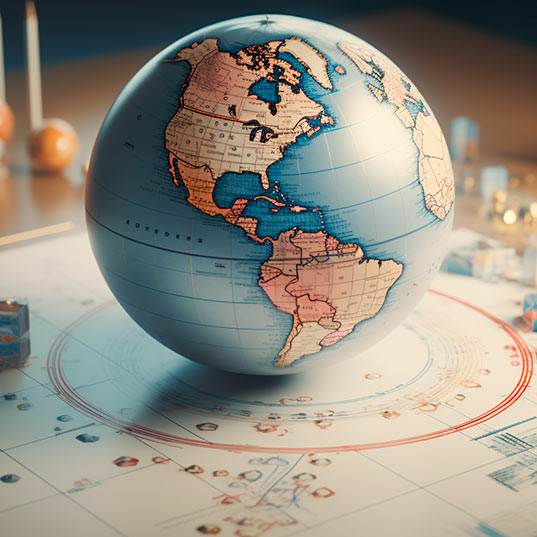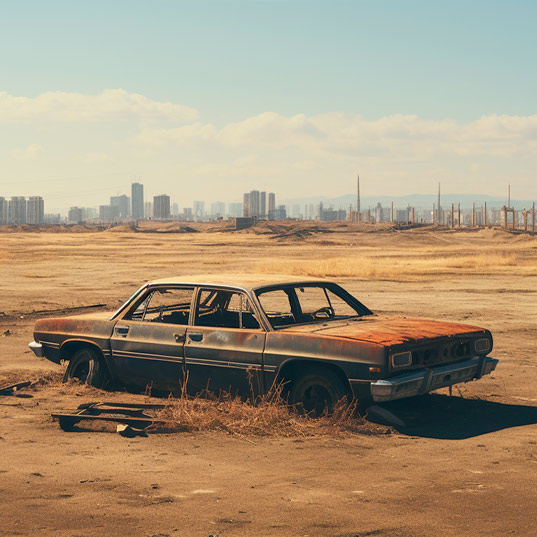Climate change impact; “irreversible” – IPCC 2014 5th Report
"Concentrations of carbon dioxide had not increased as it has now for at least 800,000 years ago”.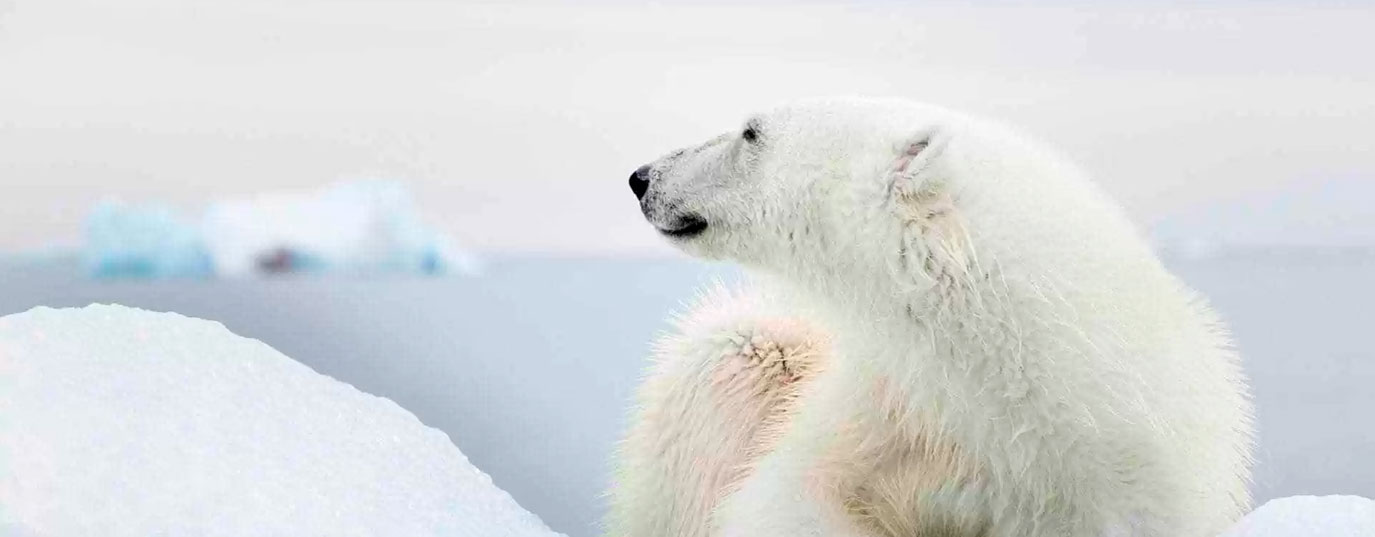
Conclusions from the Intergovernmental Panel on Climate Change´s (IPCC) fifth report have come to light, and these have been clear: if emissions into the atmosphere are not stopped now, their impact on climate change will be serious and irreversible.
There is virtually no disagreement about the reality of climate change caused by human activity on the planet.
We here summarise the most overwhelming and definitive conclusions from the last IPCC´S report on global warming:
1. The report is insistent and categorical:
Climate change is of anthropogenic origin. Nearly half of the CO2 emissions of anthropogenic origin from 1750 to 2011 have been produced in the last 40 years! And the greatest absolute increase has taken place between 2000 and 2010. Besides, carbon-dioxide, methane and nitrous-oxide concentrations in the atmosphere have been without precedent in at least the last 800,000 years! This evidence has worsened since the publication of the IPCC´s fourth report, in 2007.
2. Earth surface temperature:
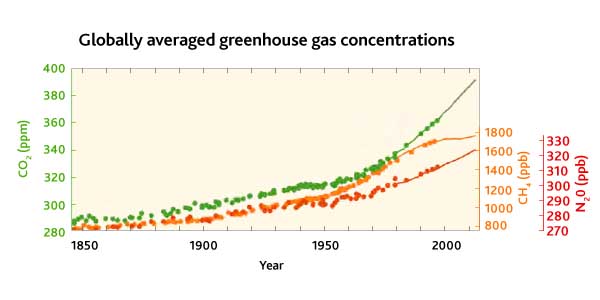
It is estimated to rise in the 21st century on all scenarios where emissions have been measured. It is very likely that heatwaves will take place more often and will last for longer, and that extreme rains will be more intense and frequent in many regions. Oceans will keep heating and acidifying, and the average global sea level will rise. We should avoid exceeding the 2°C-rise limit by 2100, and in order for that to happen we should reduce the emissions in 40%-70% all over the world between 2010 and 2050, and lower them up to zero level or minus zero by 2100.
3. Glaciers:
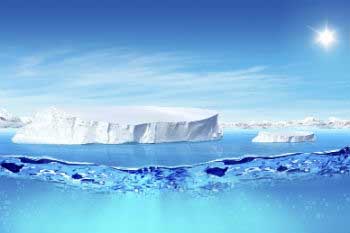
Over the last two decades, Greenland and the Antarctic ice layers have been diminishing, and glaciers have diminished all over the world. The sea ice length in the Arctic has shrunk from 3.5% to 4.1% per decade in the 1979-2012 period. The rise in permafrost temperatures has been undoubtedly caused by the rise in the earth surface temperature. The total percentage of lost glaciers worldwide, according to estimates from 1979 and 2012 figures are estimated at 10.5% to 12.3 %.
4. Ocean warming:
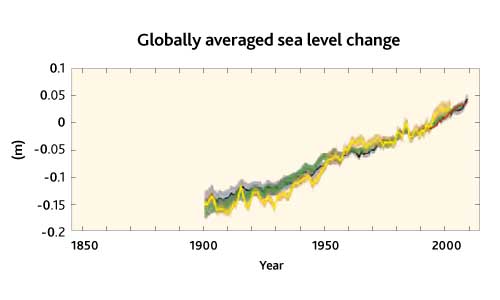
It accounts for over 90% of the energy accumulated between 1970 and 2010, and just 1% is stored in the atmosphere. Effects? Changes in salinity and evaporation, affecting the water cycle. Ocean acidification has been evident since the beginning of the industrial age. The surface pH level has decreased in 0.1 as this acidity has had a 26% increase!
5. Climate change beyond 2100, irreversibility and sudden changes:
The impact of climate change will endure for centuries even if emissions were to be stopped now. Permafrost loss, marine ecosystems seriously affected by ocean acidification, sea level rise, irreversible loss of ice at the Poles…
“Our assessment concludes that the atmosphere and the ocean have warmed up, snow and ice volumes have diminished, the sea level has risen and concentrations of carbon dioxide had not increased as it has now for at least 800,000 years ago,” said Thomas Stocker, co-chair of the IPCC Working Group I during the presentation of the report.
In spite of all, the report is hopeful: “We have the means to limit climate change, and all we need is a will to change”, affirms Pachauri, IPCC co-chair.”
This report will serve as a guide for the negotiations of the United Nations Framework Convention on Climate Change (UNFCCC) to reaching a worldwide agreement in Paris in 2015, which will replace the Kyoto Protocol from 2020 onwards.
Will it not be too late? Will the necessary measures be taken? What do you think?
More information: IPCC.
* Did you like this article? Subscribe and you will receive our next email publications. You can do it here.





